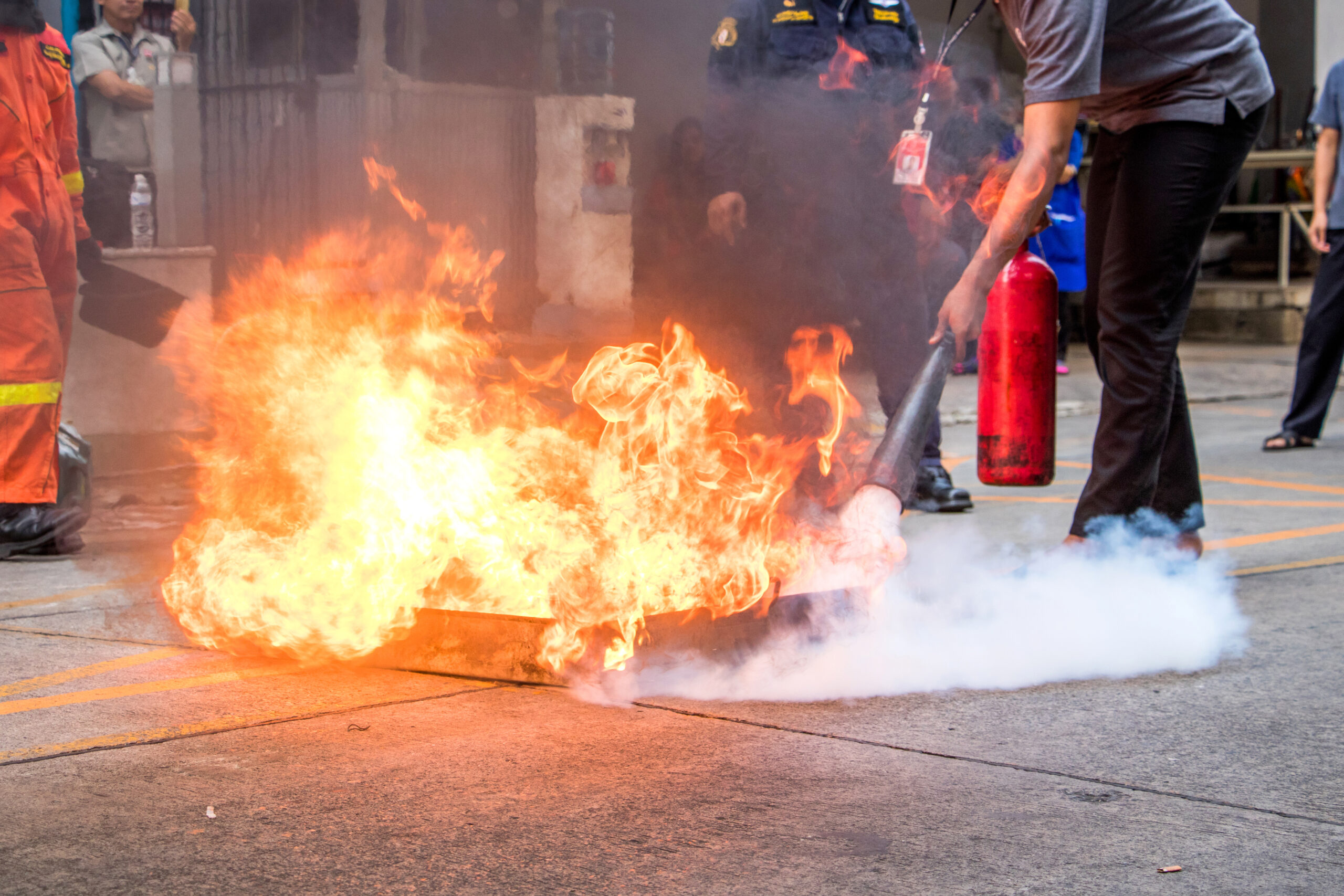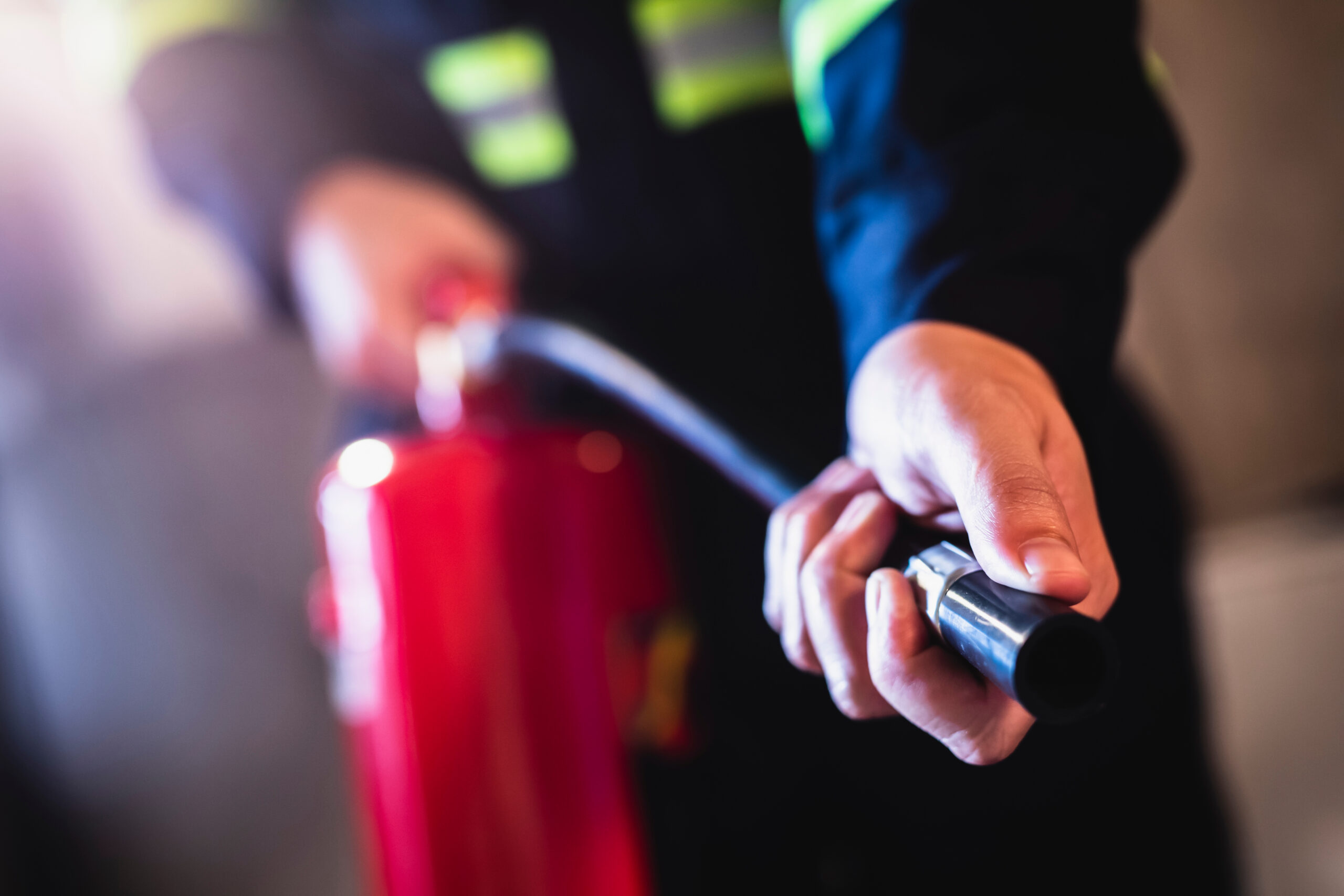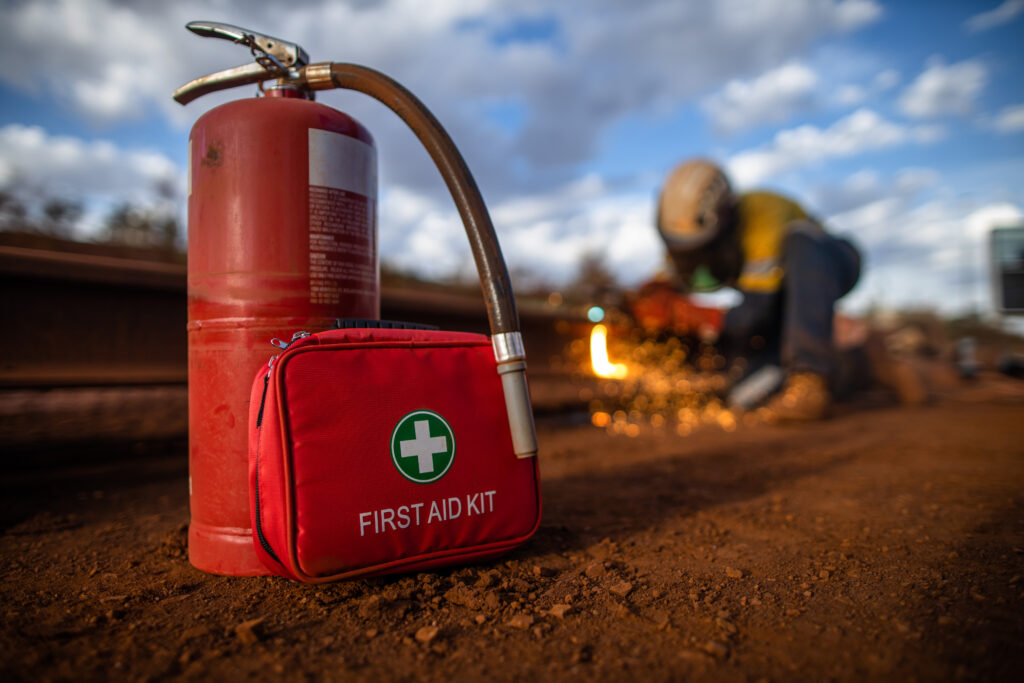Duration
6 Hours
Delivery
Face-to-Face
Cost
Group Fees Apply
Overview
Chief Warden
Our course is designed to be highly practical, emphasising the development of skills that can be directly applied in real emergency situations. The Chief Warden training course meets the requirements of Australian Standard AS 3745:2010, which outlines the planning for emergencies in facilities applicable to all workplaces. Participants will gain a comprehensive understanding of emergency procedures and will engage in extensive practical drills to effectively control workplace emergencies. This hands-on approach ensures that participants are well-prepared to handle a variety of emergency scenarios with confidence and competence.


Course Outline
-
Emergency Planning Committee
- Emergency Control Organisation
- Fire Warden Identification & Structure Emergencies where evacuation may be required Methods of raising the alarm
- Safety Procedures at Fires Practical
- Incident Control & Chief Fire Warden Scenarios
- Bomb Threat Procedures
- Persons with Disabilities Duties & Responsibilities of Chief Fire Wardens
- Command & Control
- Briefing the Emergency Services
- Post-Evacuation Management
- Emergency Procedures
- Human Behaviour
Consideration is given to previous skills, knowledge and experience for students refreshing an existing or equivalent certificate.
· Standard face-to-face delivery: Up to 6 hours
Note: These are approximate minimum timings and may vary based on the number of students and their level of experience.
Participants must hold a current certificate for PUAFER005 Operate as part of an emergency control organisation. Learners will require English language, literacy, and numeracy (LLN) skills.
Participants must hold a current certificate for PUAFER005 Operate as part of an emergency control organisation.
Foundation skills are the underpinning communication skills required for participation in the workplace, the community and in adult education and training.
Participants are required to engage in practical training sessions, which include pre-emergency planning, commanding and coordinating emergency responses, and assisting with post-emergency activities. They must also demonstrate the ability to identify hazards, assess risks, and apply control measures to ensure the safety of all facility occupants
It is recommended for renewal every 2 years. Health and Safety Legislation states that the PCBU/Employer must ensure that people remain competent to perform their various tasks.
Further information including fees, payments, support, complaints and appeals can be found in the Student Handbook on the Student Help Centre page.

